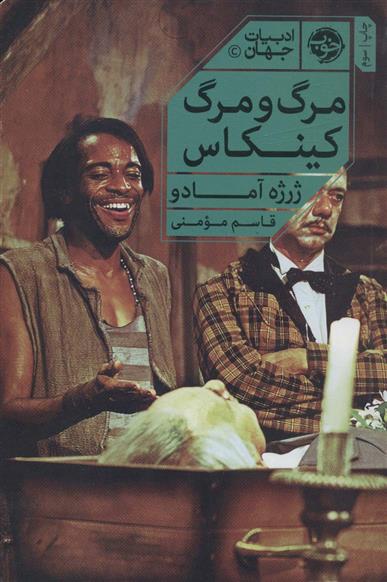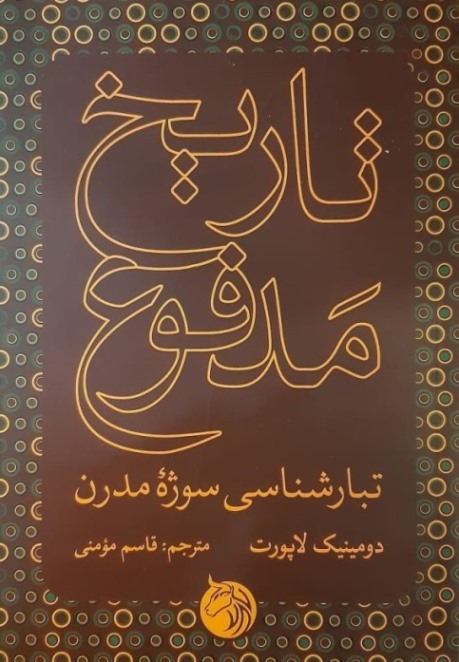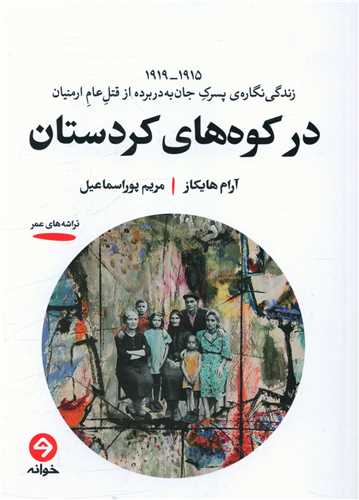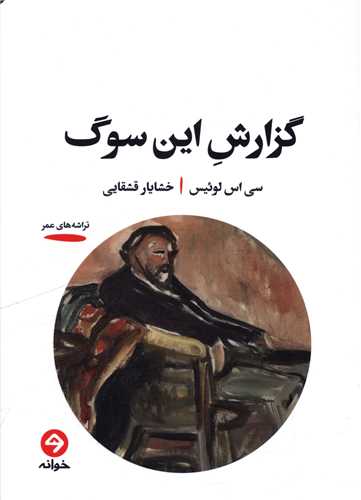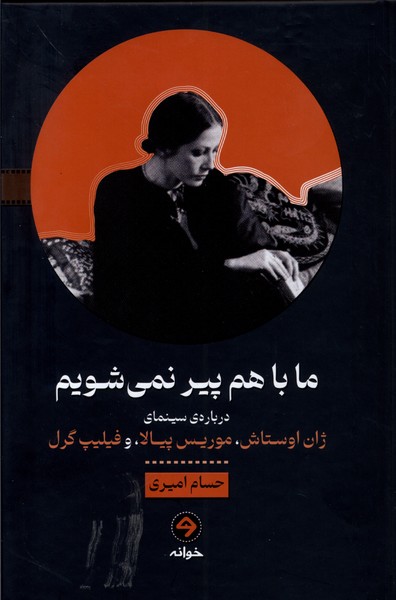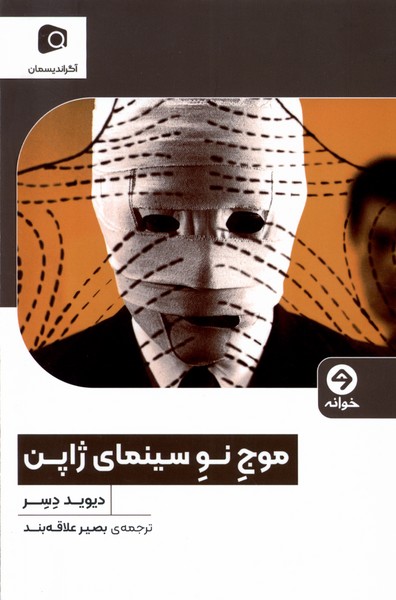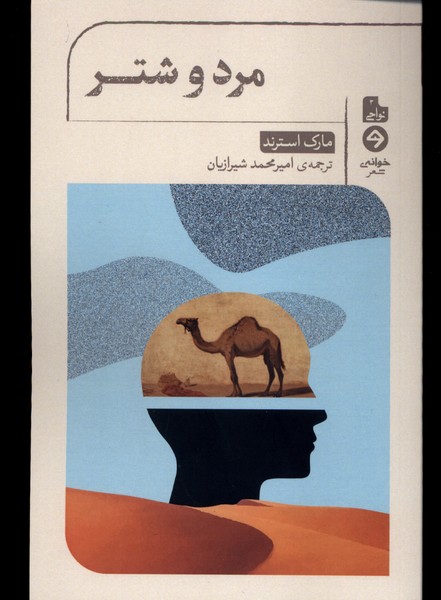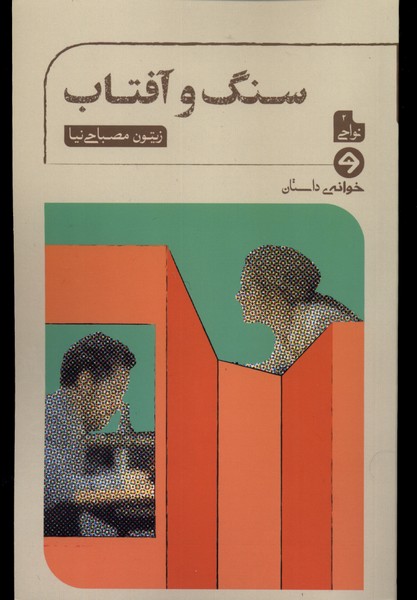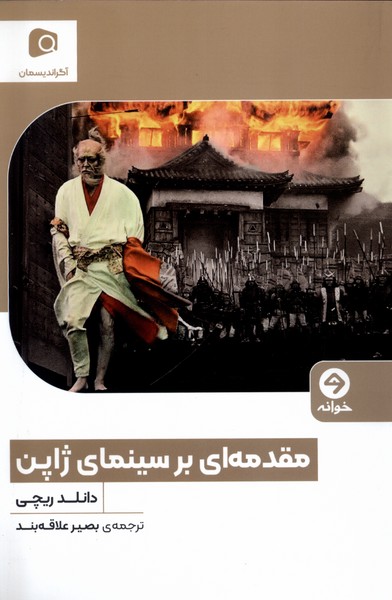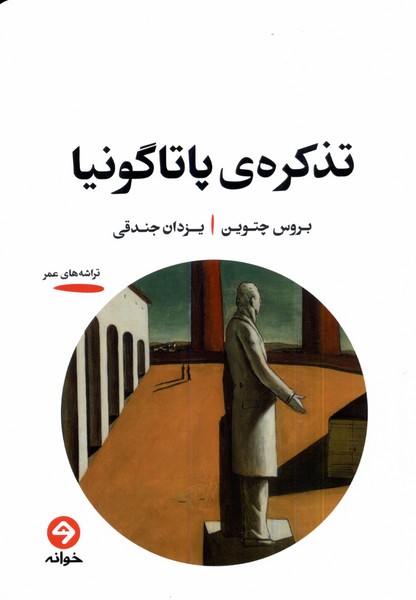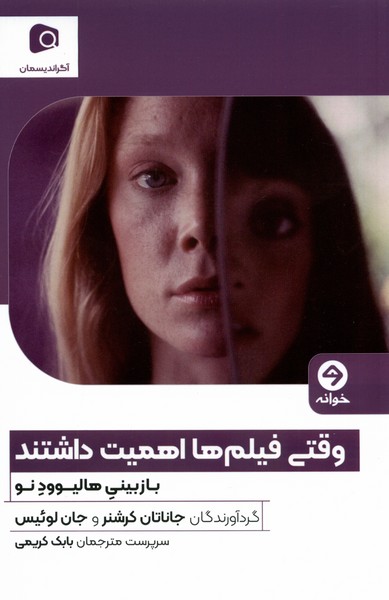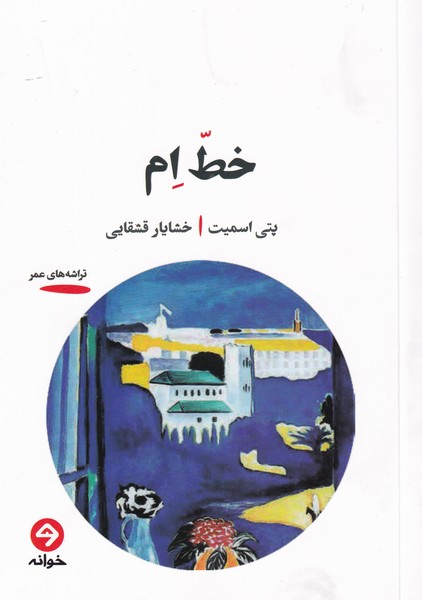سینما و روانکاوی: بازیسایهها فارسی 1402
Sīnamā va ravān'kāvī: Bāzi sāyah'hā
19٫96 $
اشتراکگذاری
Wishlist
عنوان اصلی:
Psychoanalysis and Cinema
شابک:
9786229471265
مترجم:
Qāsim Mawʼmanī
ناشر:
khvanah
گروه سنی:
بزرگسال
صفحات:
160
وزن:
164 g
ابعاد:
14 x 21 x 1٫1 cm
جلد کتاب:
شومیز
Cinema emerged at a time close to the emergence of psychoanalysis! Why the emergence? Wasn't there a desire for visual narration and to reach the living image, from Lascaux's cave to Edward Muybridge's zoopraxiscope to the Lumière brothers and the workers leaving their factory? Didn't all the stories, legends, and myths, from Sophocles' Oedipus Shahriar to Da Vinci's Last Supper, involve trying to understand why people's decisions and choices, and dreams until they reached studies about Sigmund Freud's hysteria? This simultaneity of the emergence of cinema and psychoanalysis has given meaning to their relationship with the history before them and of course their own history in connection with each other. Although cinema is an art and psychoanalysis is a science, and therefore cinema is always ahead of psychoanalysis, but this relationship is a relationship that no other science has had with cinema as deep and attractive as it is based on the interpretation that psychoanalysis has always had of cinema. The book "Cinema and Psychoanalysis: The Game of Shadows", as the author of the book, "Vicky Lebeau" emphasizes, is an introduction to entering the adventures between the two and understanding why cinema is a fundamental topic for psychoanalysis. In five chapters, the book first goes to the origins and explains and analyzes the roots of Freudian psychoanalysis. In the last two chapters, the emphasis is on the Oedipal and feminist interpretations of psychoanalysis and the reasons for their importance in the psychoanalytic criticism of films. The author also dedicated a middle chapter of the book to Freud and his portrayal in the cinema: the screenplay "Freud" written by "Jean-Paul Sartre", which was supposed to be directed by "John Huston", but it was never possible.
In order to understand and analyze, psychoanalysis requires encountering each person and a clinical presence, how about facing movies? Psychoanalysis also takes a clinical approach when dealing with movies, although the movie is no longer sick and psychoanalysis should do its best to reach an interpretation in the direction of the semiotics of culture and society. Cinema and Psychoanalysis is a book on this path and of course why and how what psychoanalysis wants from cinema and its possibilities and impossibilities!
more
سینما در زمانی نزدیک به زمان ظهور روانکاوی ظهور کرد! چرا ظهور؟ مگر نه اینکه میل به روایت تصویری و رسیدن به تصویر زنده، از غار لاسکو تا زئوپراکسیسکوپ ادوارد مایبریج، وجود داشت تا رسید به برادران لومیر و کارگران درحال خروج از کارخانهشان؟ مگر همهی داستانها و افسانهها و اساطیر، از ادیپ شهریار سوفوکلس تا شام آخر داوینچی، محمل تلاش برای شناخت چرایی تصمیمها و انتخابها و رویاهای آدمها نبودند تا رسید به مطالعاتی دربارهی هیستری زیگموند فروید؟ این همزمانی ظهور سینما و روانکاوی، نسبتشان را با تاریخ پیش از خود و البته تاریخ خودشان را در پیوند باهم معنا داده است. هرچند سینما هنر است و روانکاوی علم و ازهمینروی سینما همواره جلوتر از روانکاویست، ولی این رابطه از پی تفسیری که روانکاوی همواره از سینما داشته، رابطهایست که هیچ علم دیگری به این عمق و جذابیت با سینما نداشته است. کتاب «سینما و روانکاوی: بازی سایهها» همانطور که نویسندهی کتاب، «ویکی لبو» بر آن تأکید دارد، مقدمهایست برای ورود به ماجراهای میان این دو و فهم چرایی موضوعیت اساسی سینما برای روانکاوی. کتاب در پنج فصل، ابتدا به خاستگاهها رفته و ریشههای روانکاوی فرویدی را توضیح داده و تحلیل میکند، در دو فصل پایانی تأکیدش بر تفسیرهای ادیپی و فمینیستی روانکاوی و دلایل اهمیتشان در نقد روانکاوانهی فیلمهاست. نویسنده یک فصل میانی کتاب را نیز به فروید و تصویرش در سینما اختصاص داده: فیلمنامهی «فروید نوشتهی «ژان پل سارتر» که قرار بود به کارگردانی «جان هیوستون» ساخته شود، ولی هیچگاه ممکن نشد.
روانکاوی برای فهم و تحلیل، به مواجهه با تکتک آدمها و حضوری بالینی نیاز دارد، در مواجهه با فیلمها چطور؟ روانکاوی در مواجهه با فیلمها نیز رفتاری بالینی پیش میگیرد، هرچند فیلم دیگر بیمار نیست و روانکاوی باید تمام تلاشش را برای رسیدن به تفسیری در جهت نشانهشناسی فرهنگ و جامعه کند. سینما و روانکاوی، کتابیست در این مسیر و البته چرایی و چگونگی آن چیزی که روانکاوی از جان سینما میخواهد و امکانها و ناامکانهایش!
more



